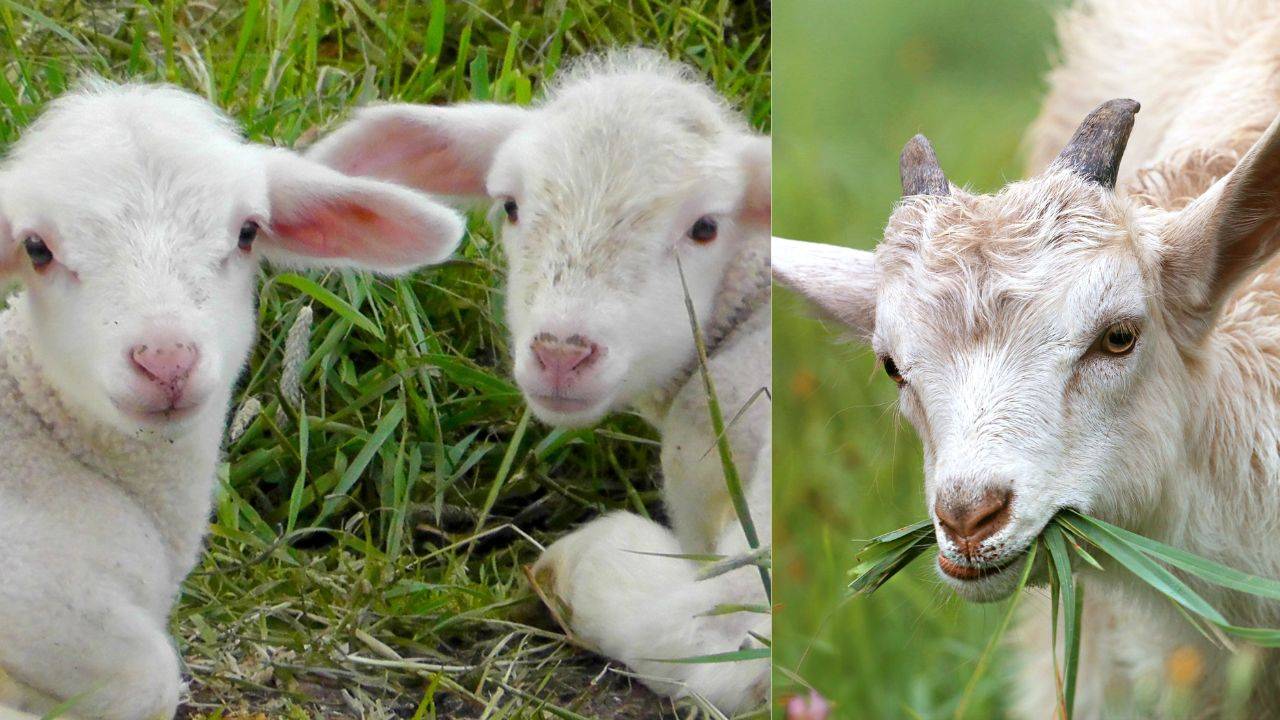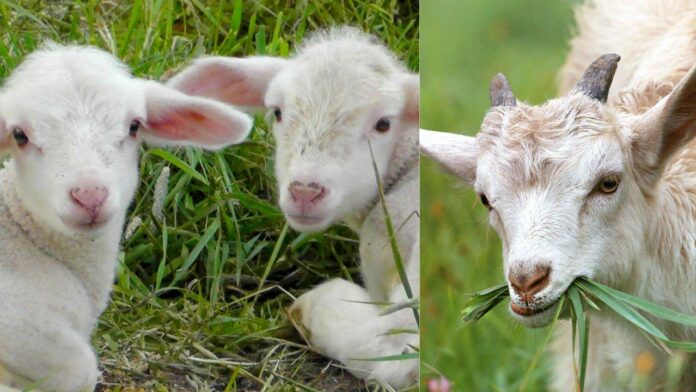
The first milk, called colostrum, is extremely important for lambs and goats. It gives them special antibodies that help protect them at birth.
These tiny babies have no antibodies of their own at birth, so they rely on their mother’s colostrum to stay healthy for the first two months of their lives.
Protection from colostrum actually starts before babies are born. Mothers (dose and ewes) need to be vaccinated and eat the right foods to make these antibodies.
Certain minerals like selenium, copper, and zinc are really important for a strong immune system for moms. Baby animals get some copper from their mothers before they are born, and it is very important to them.
Pregnant animals need to stay on the farm for at least two weeks before giving birth. This is because they need time to develop the right antibodies for the specific site where they will give birth.
How do these antibodies work?
When lambs and goats drink colostrum, they absorb antibodies from it through their stomach lining. They can do this effectively only within the first hour after birth. After 12 hours, it becomes very difficult, and by 24 hours, it becomes almost impossible. So, if a newborn doesn’t get colostrum in the first day of life, their chances of staying healthy are really slim.
The most important thing for lambs and goats to get these antibodies is to drink enough colostrum. A good rule of thumb is to give them 8 to 10 percent of their body weight in colostrum, but it’s even better to follow their appetite.
For example, if a baby animal weighs 5 pounds, it should ideally drink about half a pound of colostrum (that’s 10 percent of 5 pounds). That’s about half a pint, which equals about a pound.
Usually, this is not a problem as long as the mothers accept their babies and have enough colostrum and teats for all of them. But sometimes, a mother can reject her babies or give birth to more babies than she can adequately nurse. In these cases, you may need to feed babies colostrum using a bottle or tube to keep them healthy.
It is smart to plan ahead for such situations. You can freeze extra colostrum from healthy older animals (because older mothers have better colostrum quality) to keep it ready.
Just be careful not to over-thaw because once it’s thawed you can’t freeze it. And don’t use a microwave to melt it because it can damage the antibodies. Instead, use hot water to melt it quickly.
So, to sum it up, colostrum is like a super shield for lambs and goats. This protects them for their first two months, and they need to drink plenty within the first day of life. The quality of colostrum depends on how well the mother was cared for during pregnancy, especially in the last few weeks.
First Published: 25 Sep 2023, 10:26 IST
